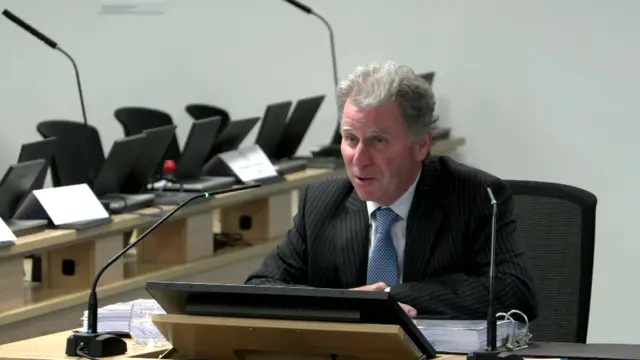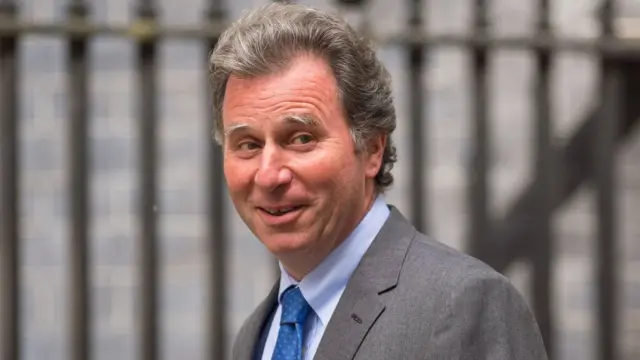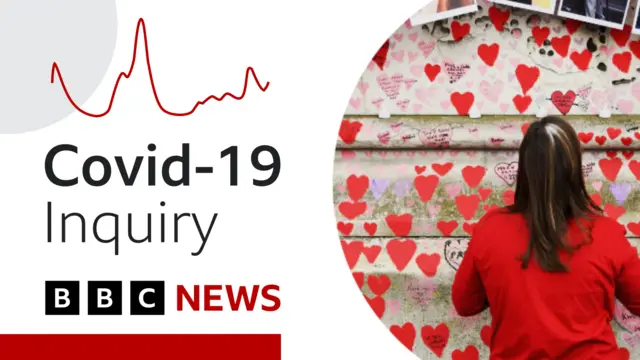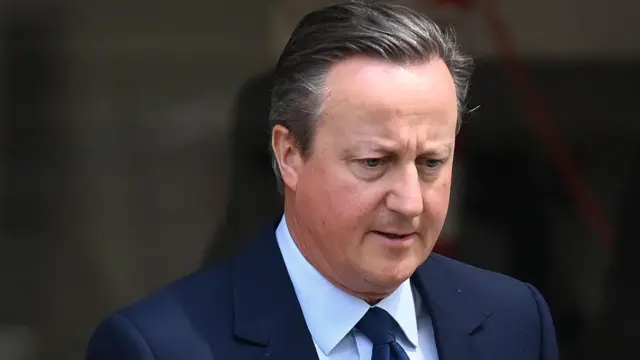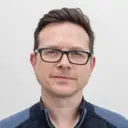Powers in force for dealing with emergency rather than prevention - Letwinpublished at 10:23 BST 20 June 2023
Hugo Keith KC says all ministers start off as amateurs and asks Letwin to what extent did he have to learn on the job in relation to emergency preparedness, resilience and response.
"Completely," Letwin answers. He says it was entirely new to him when he began.
It was only when he sat in the Cobra room, Letwin says, and discovered they were not properly prepared to deal with a crisis or avert it, and powers were in force for having an emergency rather than preventing one.
That's when he discovered there was a whole set of problems "I knew nothing about" and began to learn about them.
